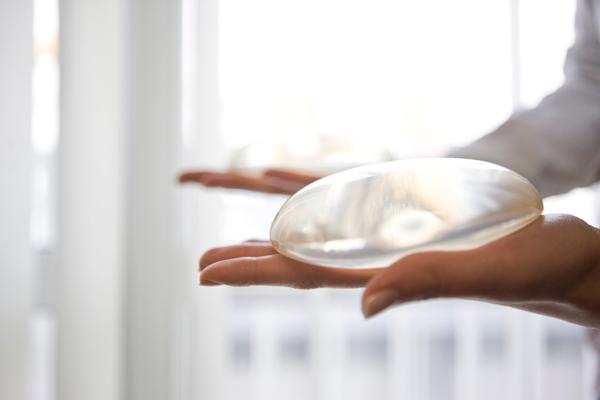Industrial Grade Silicone Threatens Women's Health
/Ayanna Nahmias, Editor-in-ChiefLast Modified: 17:14 PM EDT, 26 December 2011
 Nearly 300,000 women worldwide may be adversely impacted by the improper manufacture of breast implants by the now-defunct French company Poly Implant Prothese (PIP).
Nearly 300,000 women worldwide may be adversely impacted by the improper manufacture of breast implants by the now-defunct French company Poly Implant Prothese (PIP).
The malfeasance came to light when the French company which went bankrupt in 2010 was subsequently sold to a Dutch company which continued to sell the implants rebranded as “M-Implants.”
Dutch health authority spokeswoman Diane Bouhuiss estimates that some 1,000 women in the Netherlands have the implants and have been advised to contact their physicians or have them removed. The name of the Dutch company has not been revealed, but the rebranding of the implants produced by PIP, once the third-largest manufacturer of breast implants in the world, is a serious health concern.
The company stands accused of using industrial-grade instead of medical-grade silicone in some of its prostheses. These implants were sold in a number of European and Latin America countries. The use of non-medical grade silicone enabled the company to undercut the market thereby increasing its global market share. Defenders of the PIP implant have issued statements claiming that the scare was "more psychological than scientific" and that no concrete link had been made between PIP implants and cancer.
No one has been charged in the case, though an investigation into involuntary homicide is going on, following the death from cancer in 2010 of a woman who had PIP implants. Reuters reported that as many as four to six former PIP employees could be charged. Non-medical grade silicone is only used in aquarium joints, automotive, coatings, cookware, defoaming, dry cleaning, electronics and fire stops. With regard to the health hazards of medical grade silicone, extensive studies have been conducted and no connection to cancer has been found.
According to the MedScape reference website “the modern silicone breast implant has been available since 1963 and has gone through an evolution of change and improvement. Basic to all implants is a silicone rubber (elastomer) shell, which can be single or double, smooth or textured, barrier-coated, or covered with polyurethane foam. The foam-covered devices have not been available in the United States since 1990 but are still marketed in Europe.
Silicone is probably the most studied implantable material available today. After over 35 well-conducted studies from many countries, it seems certain that this material does not cause disease. The results of more than 7 long-term follow-up studies show that women with implants have a reduced incidence of breast cancer than is otherwise expected in the general population. No hard evidence reveals that a broken implant is harmful. Almost all of the problems that can occur with breast implants, such as infection, hardening, extrusion, and malposition are related to the surgical procedure or the patient's own biology, not the device."
Follow Nahmias Cipher Report on Twitter Twitter: @nahmias_report Editor: @ayannanahmiasRelated articles
- Ex-Head of Faulty Breast Implant Maker Arrested (newser.com)
- Summary Box: Venezuelans ditch PIP breast implants (seattletimes.nwsource.com)
- PIP breast implants can be removed for free on the NHS (guardian.co.uk)
- Making Sense of the French Silicone Breast Implant Scare (bsurgmed.wordpress.com)
- Silicone implants "safe and effective" (mya.co.uk)
- Careful About Those Breast Implants! (keepwomenhealthy.com)













